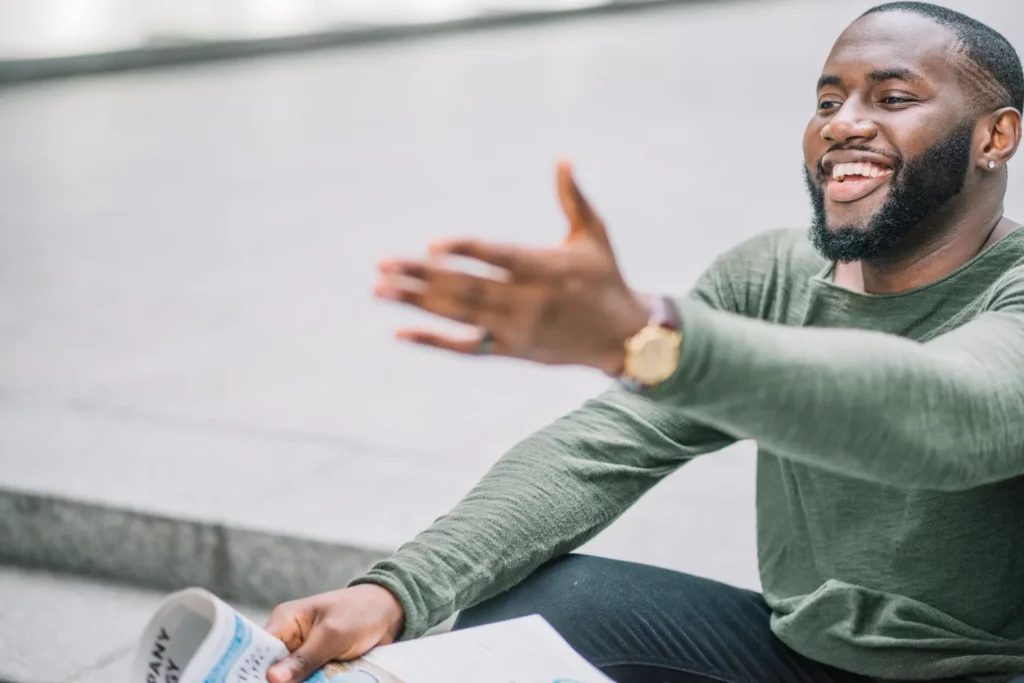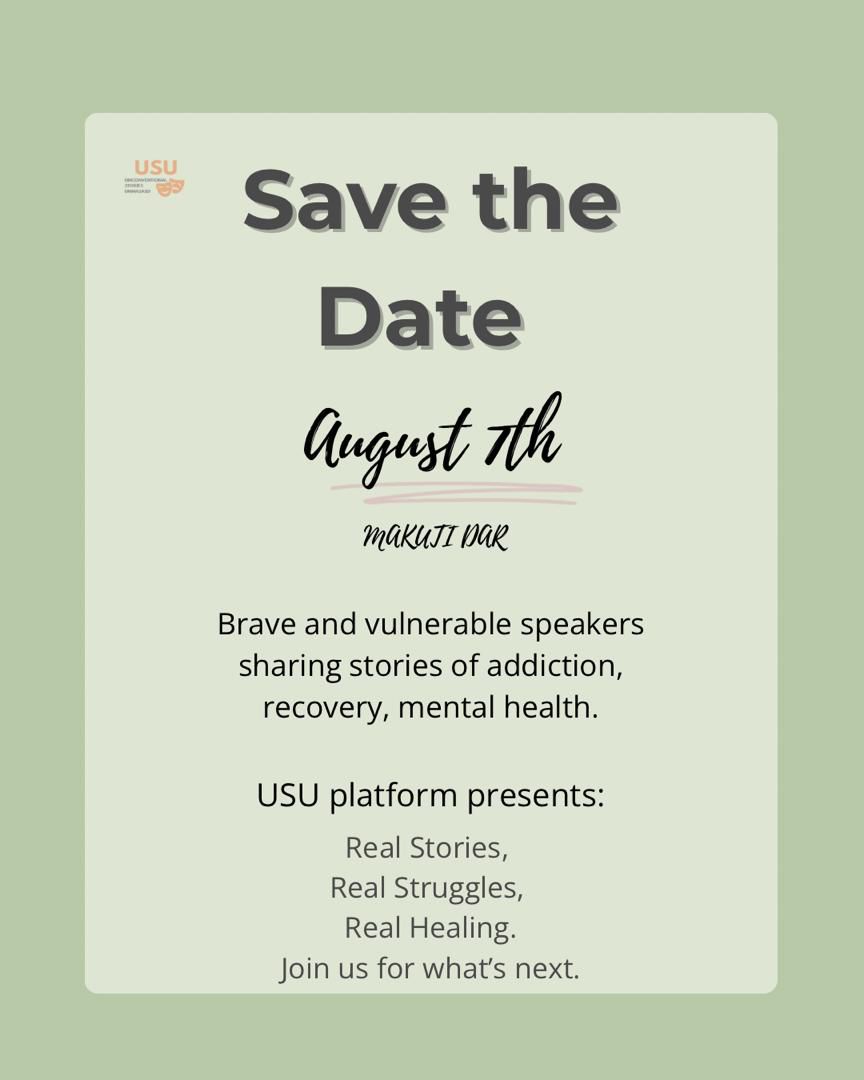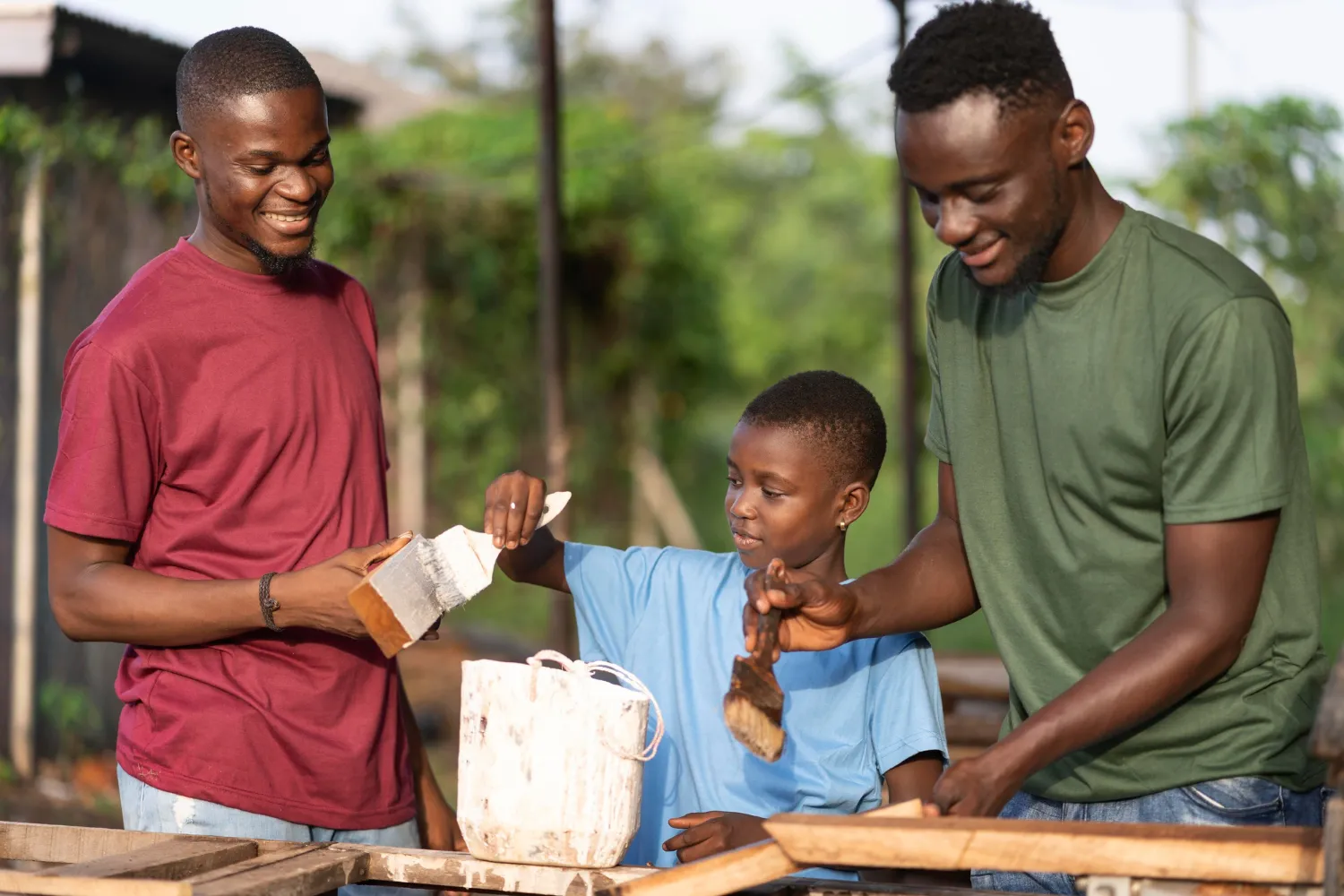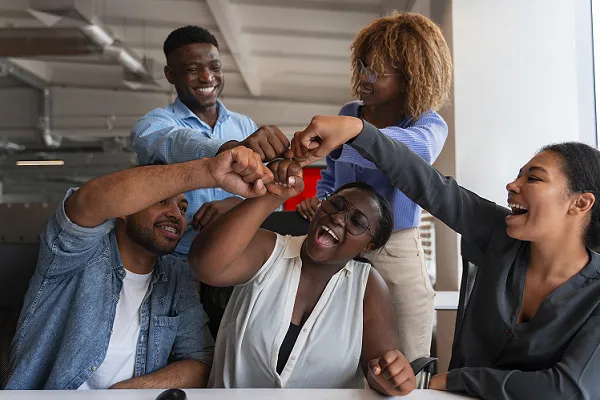The Power of Men Uplifting Each Other

A word of encouragement during a failure is worth more than an hour of praise after success.
Unknown
Men rarely affirm each other—not because they don’t want to, but because many were never taught how.
Society conditions men to value toughness over tenderness, achievements over acknowledgments. But I’ve learned firsthand that real strength lies in vulnerability.
In rehab, for 104 days, I saw grown men affirm each other daily, it was in our morning meeting program. I also experience this in our Alcoholics Anonymous meetings, members affirming each other. We celebrate small wins—from a grown man being affirmed and not admonished for making their bed for the first time in rehab, to another overcoming PTSD to referee a soccer match because being on the pitch used to remind him of playing football with his son who died very young. Men wept because they had never been seen, never been told, “I see you, and I’m proud of you,” I would know, I was one of those men complimented and I cried out of being surprised at being affirmed. That experience changed me. Now, I practice daily affirmation, with friends, my children, and even strangers.
Impactful Reflections
• Cultural vs. Modern Perspectives: Traditional masculinity often discourages open affirmation. Many of us grew up in homes where fathers never praised sons, where validation was tied only to success. Modern understanding, however, recognizes that men need affirmation just as much as anyone else.
• Religious Perspectives: Many faiths encourage uplifting words. Proverbs 16:24 states, “Gracious words are like a honeycomb, sweetness to the soul and health to the body.” Yet, religious upbringing often emphasizes discipline over praise. We must reclaim the balance.
• Breaking Generational Cycles: I ensure my children affirm each other and thank their mothers regardless of how ai may feel about their mums, compliments are due where due, as mums they are amazing. I ask my children often, “Did someone do something good for you today? Did you do good for another today?” We normalize appreciation, making it as natural as correction.
Impactful Actions
1. Intentional Verbal Recognition: Call a friend today, tell them something they did that inspired you.
2. Public Affirmation: In group settings, take a moment to highlight someone’s effort or character spontaneously.
3. Written Notes or Messages: A simple “I appreciate you” via text can be life-changing. Trust me on this.
Impactful Statistics
• Global: A 2021 study found that 75% of men struggle with imposter syndrome, yet only 10% openly discuss their insecurities (APA, 2021). I have and I am managing my imposter syndrome much better post rehab. I know many grown men and women struggling with low self -esteem and imposter syndrome.
• Africa: A 2023 survey in Kenya revealed that 80% of men felt unappreciated in their personal and professional lives (WHO, 2023). I am a Tanzanian man living in Kenya, I believe this statistic to be true in this East African region.
Impactful Resources
• TED Talk: “Should Men be Vulnerable?” – Liam Casey
• Podcast: The Art of Manliness – Episode on Men and Emotional Expression
• Book: The Mask of Masculinity – Lewis Howes
Impactful Call to Action
To recovering addicts and alcoholics: Find one person in your recovery circle and affirm them today.
To mental health warriors: Speak words of encouragement to yourself and someone else.
To mental health professionals: Create a culture of appreciation in your practice.
Conclusion
The viral video attached below, of a younger brother affirming his older brother at his wedding, making their father and the groom cry, proves one thing—affirmation transcends pride, pain, and cultural conditioning. It heals. It builds. It transforms. So, let’s normalize telling each other, “I see you, and you matter.”









